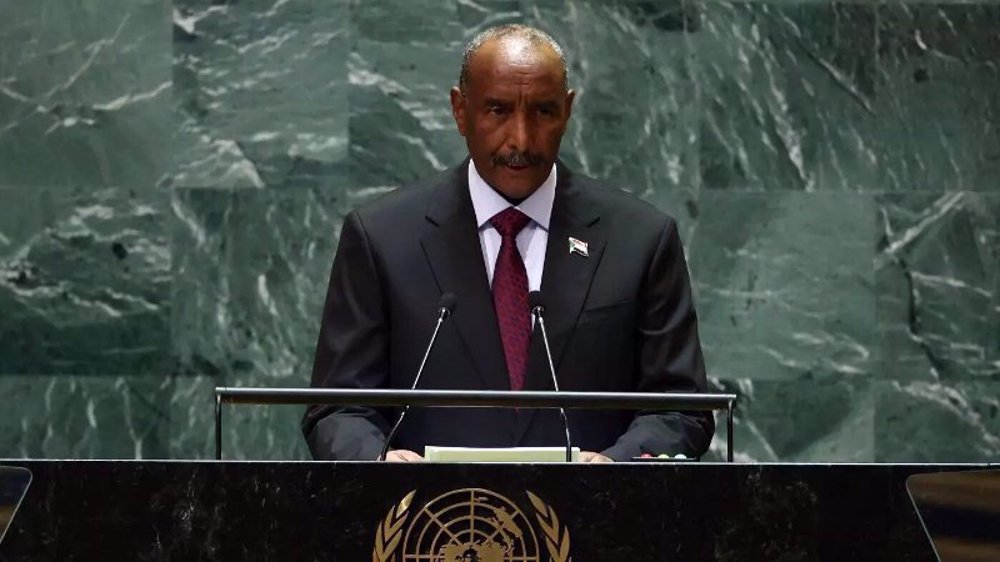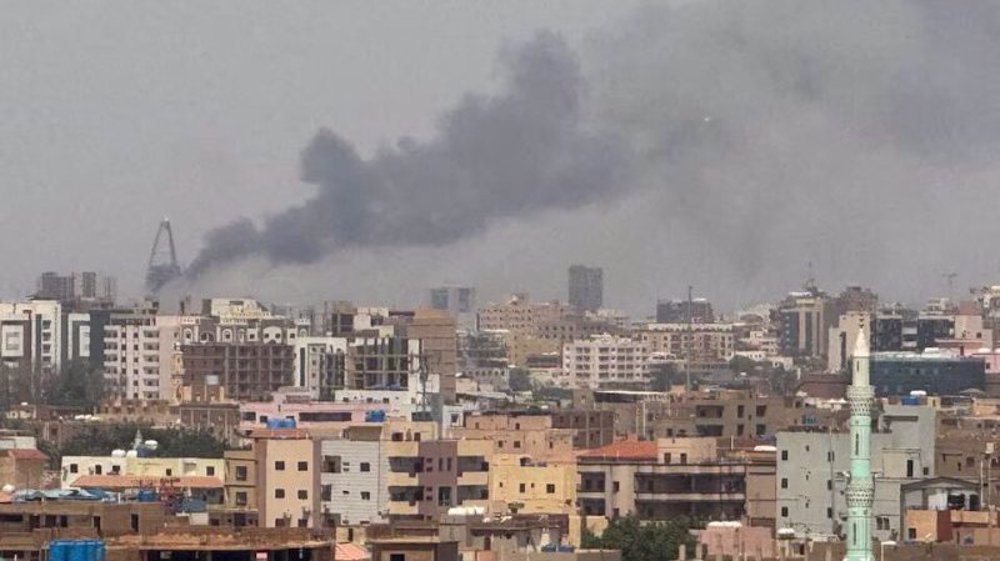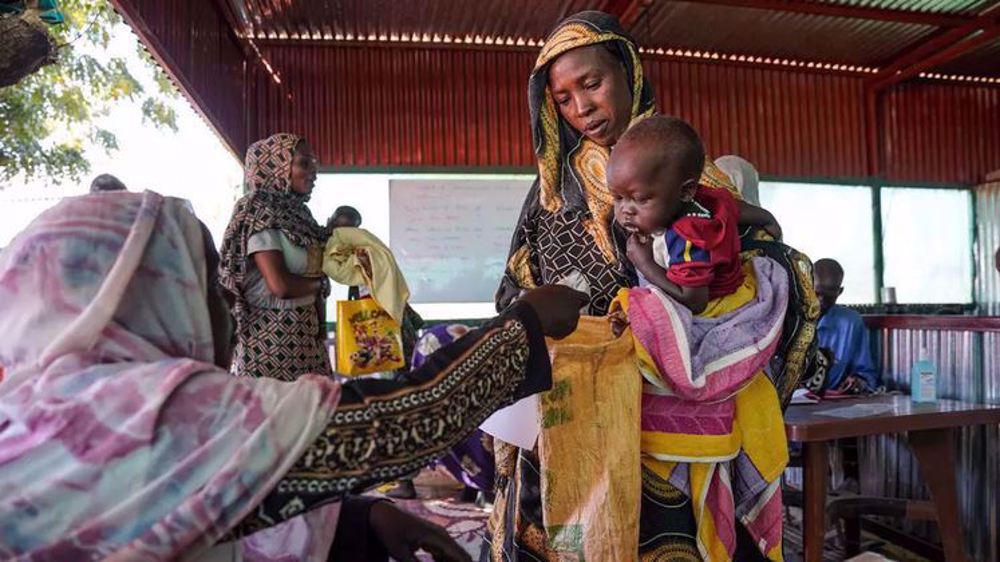Sudan's ex-president got $90mn from Saudi Crown Prince: Official
Sudan's Omar al-Bashir has admitted that he received $90 million in cash from Saudi Crown Prince Mohammed bin Salman and other royals, says a senior police official.
Sudanese Police Brigadier Ahmed Ali, a detective working on the Bashir corruption case, told a Khartoum court on Monday that the deposed longtime president had said the money was "delivered by some of bin Salman's envoys."
"The accused told us that the money was part of a sum of $25 million sent to him by Prince Mohammed bin Salman to be used outside of the state budget," the police official said.
Bashir had also received two previous payments of $35 million and $30 million from Saudi King Abdullah, who died in 2015.
Large amounts of cash were found at Bashir's residence after he was toppled earlier this year.
Lieutenant General Abdel Fattah al-Burhan, who heads the military council currently ruling Sudan, earlier said over 113 million dollars' worth of cash in three currencies were seized at the house.
Bashir, whose military regime ruled Sudan for 30 years, is accused of "corruption, illicit possession of foreign currency and accepting gifts illegally."
His lawyer, Ahmed Ibrahim, has dismissed the accusations, telling reporters after the hearing that it was usual for leaders to hold amounts of foreign currency.
"There is no information or evidence with regards to the accusations of illicit gains aimed at Bashir," Ibrahim said.
The 75-year-old former president was deposed on April 11 following months of protests and is being held in the capital's Kober prison.
Sudan suffered high rates of corruption during his rule, ranking 172 out of 180 countries in Transparency International's 2018 Corruption Perceptions Index.
In May, Bashir was charged with ordering the killing of protesters during the anti-government demonstrations that eventually led to his downfall.
A Sudan affairs expert told Press TV in late July that Saudi Arabia is intentionally preventing the formation of a democratic government in Sudan to manipulate the status quo in the African country in its own favor.
Riaz Karim, director of Veritas Centre for Strategic Studies, said, “I can actually see something very suspicious going on.”
“I’ll tell you why. I can justify that... Saudi Arabia is now in the picture. Saudi Arabia is pulling the strings.”
Wanted by ICC
The International Criminal Court (ICC) has filed more serious charges against Bashir including war crimes, crimes against humanity and genocide for his role in the Darfur war in the early 2000s.
Last week, Amnesty International warned that the corruption trial should not overshadow the more serious charges Bashir faces in The Hague.
"While this trial is a positive step towards accountability for some of his alleged crimes, he remains wanted for heinous crimes committed against the Sudanese people," Amnesty's Joan Nyanyuki said.
"Omar al-Bashir has evaded justice for far too long as the victims of horrific crimes still wait for justice and reparations more than a decade since the ICC issued the first warrant for his arrest."
According to figures released by the United Nations, over 300,000 people were killed and 2.5 million displaced in the Darfur conflict while hundreds of thousands still live in impoverished conditions.
Sudan's ruling military council recently signed a power-sharing deal with the main opposition coalition, paving the way for a transitional government and eventual elections.
The pact sets up a sovereign council as the highest authority in the country, but largely delegates executive powers to the cabinet of ministers.
The sovereign council was due to be sworn in on Monday but Lieutenant General Shams El Din Kabbashi, a military council spokesman, said the formation of the new ruling body would be delayed by 48 hours at the request of the opposition coalition.
Israel kills 5 more paramedics in southern Lebanon: Health ministry
Iran to launch ‘new, advanced’ centrifuges in response to IAEA resolution: AEOI
Yemen fires hypersonic missile at Israeli airbase
VIDEO | New Delhi chokes under toxic smog as air quality remains at hazardous levels
VIDEO | Press TV's news headlines
VIDEO | ICC's arrest warrant for Netanyahu to worry Western politicians: Former British diplomat
Iranians protest against Israel after Netanyahu ICC warrant
Germany undecided on complying with ICC arrest warrants for Israeli war criminals














 This makes it easy to access the Press TV website
This makes it easy to access the Press TV website